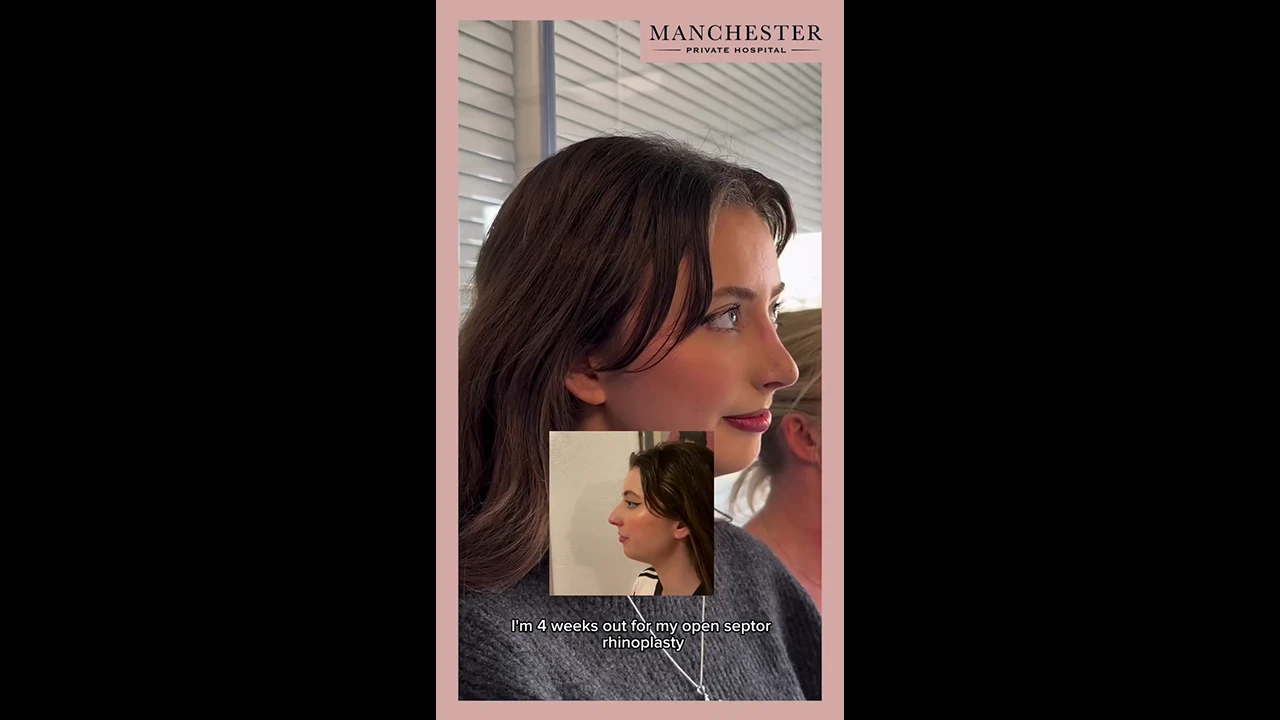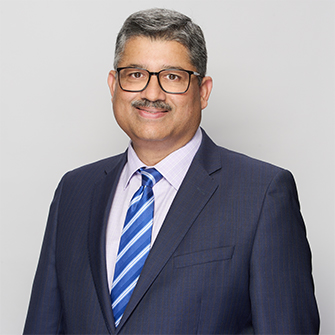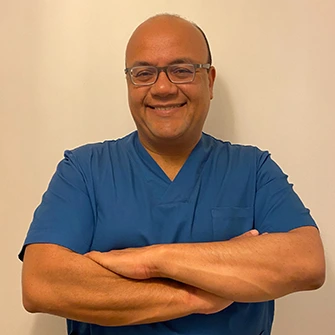Rhinoplasty
Rhinoplasty
- Free, no obligation Consultation
- CQC Registered Private Hospital
- Flexible Finance options available
- Top Quality Patient Care

Rhinoplasty, also known as a nose-job is the reshaping of the nose, which changes the size and / or shape of the nose in both males and females.
This surgery is one of the most common cosmetic procedures in the UK.
People who are unhappy with the size or shape of their nose often opt for nose job surgery.
One of the most common complaints from patients is that their nose seems out of alignment or that they are unhappy with their ‘side profile’.
There are many different options and techniques when it comes to rhinoplasty, depending on the patients needs and goals.
However, arranging a consultation with a nose specialist is the best way to find out all of the information you need and whether or not you are a suitable candidate for nose-correction surgery.
Many factors are taken in to account and a specific individual assessment is carried out on each patient. Factors include; age, nose size, nose shape and skin condition.
It is also worth noting that it is imperative that decisions for nose surgery are not taken lightly and that a full psychological assessment is carried out to ensure there are not any social or emotional issues affecting your self confidence, self esteem and decision.
There are many reasons why people choose to have surgery on their nose. Each reason can be categorised in to 2 main categories: medical and cosmetic.
The two categories can also merge when patients have undergone surgery for medical reasons, such as a sports injury, but then been unhappy at the results some time later, and therefore opted for cosmetic correction.
People who undergo cosmetic rhinoplasty often have an issue with a particular part of their nose. The most common cosmetic areas are; the tip of the nose, and the bridge, or dorsum.
The issues / complaints surrounding the bridge of the nose is that it has a bump / hump that sticks out. People who are unhappy with the tip of their nose complain that their nose appears too wide / thin, too round or beaked.
Length is also a common issue for some patients.
Rhinoplasty that is carried out for medical purposes is often done so because of an injury to the nose.
Accidents and sports injuries are two of the main culprits when it comes to medical rhinoplasty. Issues with the nose can also impact on the quality of life of a patient such as; mental health and causing breathing problems.
You may undergo rhinoplasty to:
Surgery on the nose is carried out under general anaesthetic.
You can speak to your consultant about the procedure as each patient is treated individually depending on their aim, nose size and shape.
The four most common procedures carried out are:
Each operation mentioned above is carried out by making incisions in one of two ways:
If you are concerned about what happens to the skin on your nose during and post-surgery, speak to your consultant. However skin on the nose is very adaptable and can expand or shrink to its new shape.
Overall, rhinoplasty surgery takes around 2-3 hours on average to complete. Patients would expect to stay in hospital for 1-3 nights for immediate recovery and aftercare.
After you undergo surgery on your nose, you will need ample time off work and normal activities to rest and recover.
Patients should expect to have around 1 to 2 weeks off work.
However, to see the full effects of your nose job it will take approximately 3-4 months, with swelling lasting up to 6 months on average.
Following surgery and your stay in hospital, you will leave with dressings on your nose and in each nostril.
A splint is usually held over your nose and you may be unable to breathe through your nose at first.
Regular painkillers are provided to ease any discomfort or pain.
Although your surgeon will advise you on the necessary aftercare in a recovery plan tailored to you, driving is often ruled out for all patients post-surgery. Patients will be able to drive within 4-5 days on average.
What to expect in recovery:
As with all surgery, it is important to rest and recover to make sure you get the most out of your procedure and not jeopardise the results.
You should aim to rest in bed for at least 2-3 days after you have returned home with your head propped up to help reduce any swelling.
Patients are advised to avoid bathing in hot water, wetting the splint, blowing your nose and sneezing through your mouth. Not sneezing through your nose will keep pressure off it and aid recovery.
If possible, try to avoid areas that may be dusty or contain smoke and stay away from contact sports.
After undergoing surgery for the reshaping or resizing of your nose, there are common side effects you should expect. These include:
There are also complications associated with rhinoplasty, but they are rare. These include:
You can find out more about the risks and complications related to nose surgery from our health professionals. Our team are on hand to answer any questions or concerns you may have and put your mind at rest.
Booking a consultation is a great way to get everything off your chest in a pressure-free environment with absolutely no obligation. We put patients wellbeing and safety first and always ensure they are 100% happy with the decisions they make before proceeding.
At Manchester Private Hospital, we are the hub for the North West.
Based in Manchester, we are easily accessible to all surrounding areas.
Our qualified surgeons have been performing nose-jobs for many years with patient safety and well being at the heart of our ethics.
Patients can have a pressure-free consultation with our experts to ensure they are making an informed decision with specialist advice that is tailored to you personally.
If after you walk away from your consultation you remember something you forgot to ask, simply contact us again and again until you have total peace of mind.
We prides ourselves on providing comprehensive aftercare with a flexible approach to ensure complete patient safety and satisfaction.
If you are ready to make the change in your life that you’ve always wanted, contact us today to speak with one of our experts about rhinoplasty.
Surgery does not have to be a daunting experience, our qualified professionals are trained to help you every step of the way from consultation to post-surgery aftercare.
Manchester Private Hospital have collaborated with Chrysalis Finance to offer 0% finance for our patients.*
1. 0% Interest Free Finance for Rhinoplasty (Monthly Payment Plans)
Rhinoplasty cost: £6900
Deposit amount: £0.00
The amount of loan would be: £6900
Total interest: £0.00
12 monthly instalments of £575
The representative APR is 0%
The total amount payable: £6900
2. Rhinoplasty Finance Option with Interest (APR 9.9%)
Rhinoplasty cost: £6900
Total amount of Credit £6,900.
Total charge for credit £1794.60.
Total Amount Repayable £8694.60.
Repayable by 60 monthly payments of £144.91.
Representative 9.9% APR.
*Acceptance is subject to status. Terms and conditions apply.
All our surgeries are tailored to individual patient requirements, and you will receive a fixed price following your consultation with the surgeon during your face to face consultation.
*Procedure prices are not fixed and may vary as procedure costs are tailored to individual requirements so vary from person to person. You will receive a guide price during your initial eConsult and a fixed price following your surgeon face to face consultation.
| Rhinoplasty | Price |
|---|---|
|
Rhinoplasty |
Start from £6900 |
To apply for rhinoplasty finance online is very easy. If you have any questions or doubts, connect with our co-ordinator at 0161 507 8822 to help you out.
Truspilot rated excellent
2 years aftercare
0% Finance available
Free Consultation
Manchester Private Hospital New Court, Regents Place, Windsor
Street Salford, Greater Manchester, M5 4HB.
Monday – Friday – 9:00 AM to 8:00 PM
Saturday – 9:00 AM to 3:00 PM
Sunday – By appointments only, Please confirm before attending
You will be required to wear a splint on your nose for up to 2 weeks.
Generally rhinoplasty procedure is done as a day case surgery which means you will be discharged the same day after your surgery. Occasionally, in some cases you will be asked to stay for 1- 2 days post surgery which will be advised during your face to face consultation with the surgeon.
If you want to see a long lasting change to the appearance of your nose or are unhappy with its size or shape, then rhinoplasty might be right for you. Speak with a consultant to get all the facts and risks.
Results can be seen within the first month of surgery. However, depending on the procedure it can take up to 12 months to see the full effects when swelling has subsided.
Patients report some mild pain, but mostly annoying sensations and discomfort. This can be managed with painkillers that will be prescribed.
In some cases, non-surgical rhinoplasty may be an option for you. If you only seek minor changes or are worried about committing to surgery, speak with a consultant about the possibility of non-surgical injections.

Consultant Plastic Surgeon

Cosmetic Surgeon